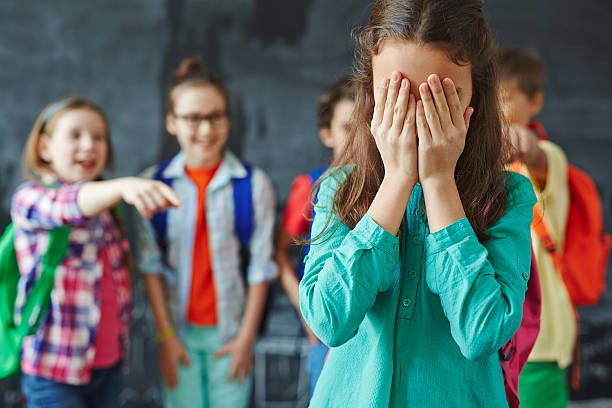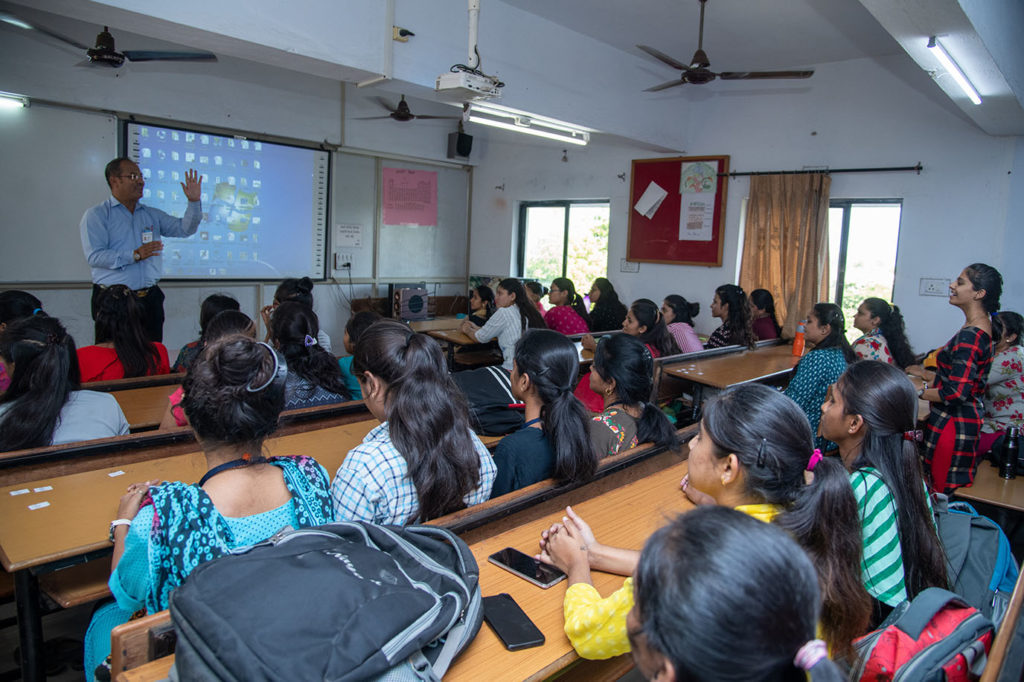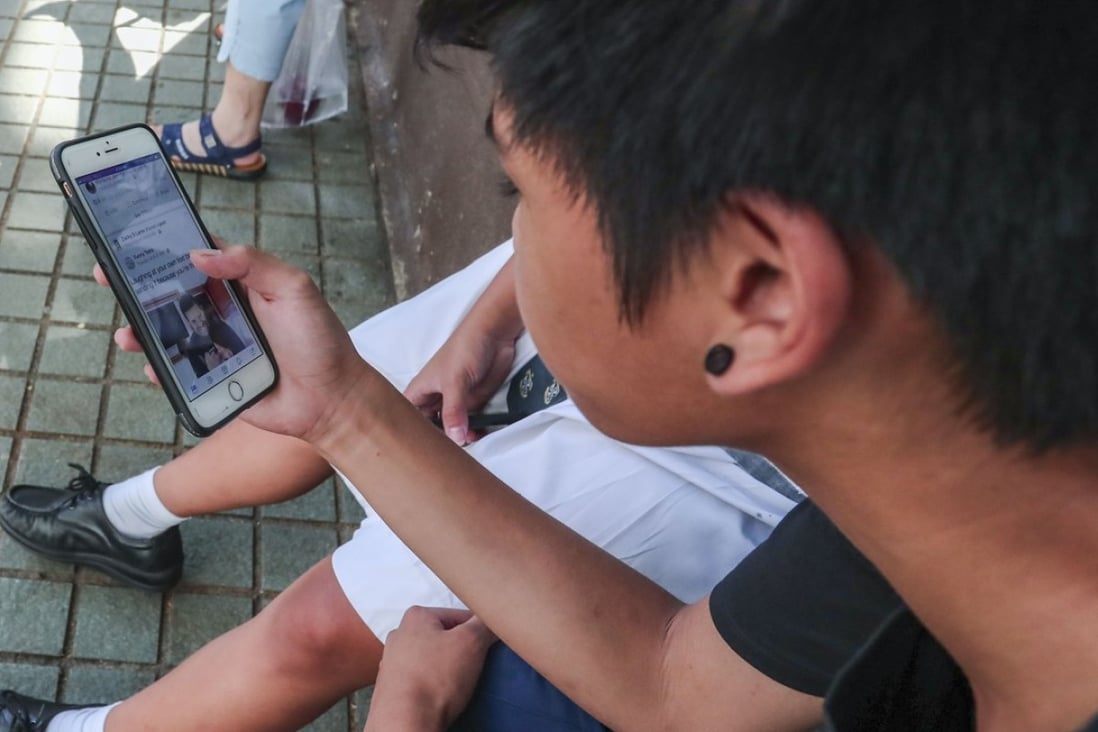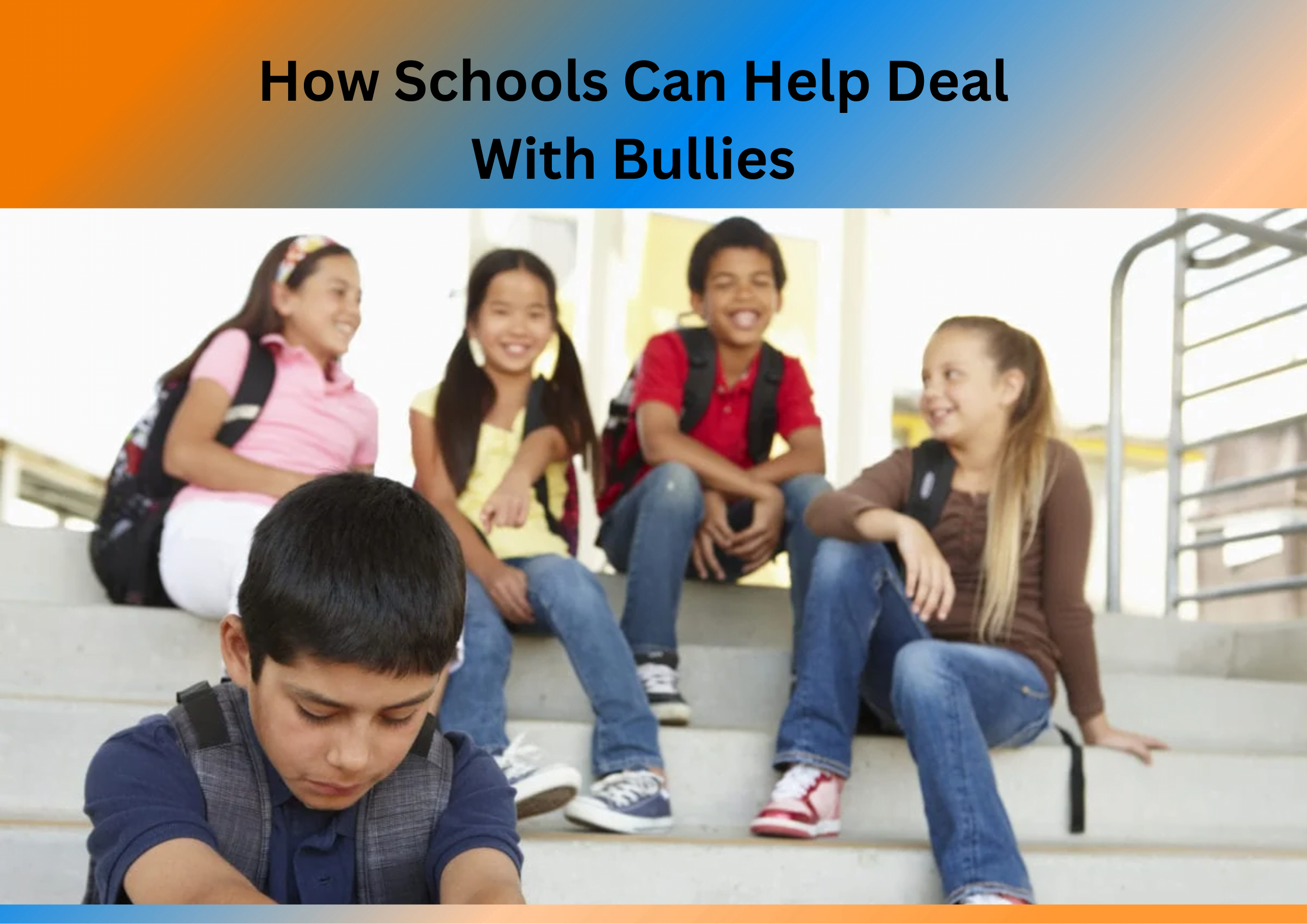There have been numerous reports on how schools should handle bullying. Some think that by using clear rules and consequences, bullying will be prevented.
As per research conducted by International Schools in India, Bullying is a serious topic that needs addressing. Bullies don’t just affect their targets; they affect the entire community of students and teachers at school and the parents who have to pick up the pieces after. So how do you create a safe environment for children? What strategies are available for dealing with bullies at school? There are many different ways you can tackle bullying and help ensure that your kids don’t fall victim — here are some of the ways schools can do this.
It’s something that can affect every student, regardless of their gender, race, or background—and it’s not going away anytime soon.
Bullying can be harmful to students in many ways. It can cause them to feel unsafe and unwanted in their learning environment, which makes it harder for them to focus on their schoolwork.
Bullying can also cause physical harm, like bruises and broken bones—but even if it doesn’t reach this level, bullying can still leave lasting emotional scars on kids who have been bullied.
Also Read : How To Deal With Your Teen’s Puberty Mood Swings
Teacher Training To Deal With Bullying

A student who is being bullied may be reluctant to tell on their bully, especially if the student feels that their teacher will not understand their situation or help them. If teachers are trained in how to deal with bullying, however, they will be better equipped to handle these situations when they arise.
Teacher training programs should include information about what constitutes bullying and how best to respond when it occurs. The program should also provide teachers with resources for students who are being bullied and their families. This can help empower students who have been bullied and give them some support while they are dealing with this difficult situation.
Start Anti-Bullying Programs At An Early Age

The effects of bullying are long-lasting, often affecting people for their entire lives. Many children who were bullied suffer from depression and anxiety, as well as low self-esteem later in life. They may also struggle with drug and alcohol abuse.
One way schools can help deal with bullying is, by starting anti-bullying programs at an early age. The earlier students learn about the negative effects of bullying and how to prevent it, the better off they will be later.
When they are faced with difficult situations such as being bullied themselves or witnessing others being bullied by others around them at school or elsewhere outside school hours.
When they’re out playing sports games together with friends during recess break time after lunchtime periods have ended for each day’s classes have ended before dismissal time arrives at nightfall during weekends days off when kids have days off from school holidays.
Be Clear About What Constitutes Bullying

Bullies are everywhere, and they’re not always easy to spot. But there are ways to deal with them, and your school can help.
Both parents and teachers need to know what bullying looks like, so they can take action when they see it happening. If you think someone is bullying another student in your class, tell an adult at school right away. You should also tell your parents if you feel safe doing so.
If you witness or hear about a situation where someone is being bullied, you need to report what you’ve seen or heard as soon as possible. The more information people have about bullying situations, the better equipped they are to prevent them before they occur—or at least stop them once they start!
In many cases, bullying is not just physical violence or verbal abuse—it can also include cyberbullying, exclusion from activities and groups, and spreading rumours about someone else. Anything that makes kids feel bad about themselves or their situation at school or home life.
Investigate All Allegations Of Bullying

To help students who are being bullied, schools need to take bullying seriously by investigating any allegations made by students or parents. Schools should also take steps to educate students about how to handle bullying situations so that they know what to do if someone is being bullied. These steps will help ensure that all students feel safe at school and that those who are being bullied receive the support they need from staff and other students.
One way to do this is to put a policy in place that outlines how the school will handle bullying complaints, including how you’ll respond to reports from students and parents.
Discussion Forums In Classrooms

One way that teachers can help students tackle bullying is by creating forums for discussion about what is happening in the classroom and how students feel about it.
Forums are a great way to make sure that everyone feels safe and comfortable enough to speak up when they feel like something is wrong. It also allows teachers to see what’s going on and adjust their teaching methods accordingly.
The forums should be held regularly so that students can get used to speaking up when they are uncomfortable or upset about something happening in class. They should also be held outside of class time so that students who do not have free periods during school hours have an opportunity to participate as well.
Anti-Bullying Social Media Campaigns

Social media is a great place for schools to start because it’s where most kids spend their time. It’s also significant for them to make connections with others who may be going through similar things, so they can get help or just make friends.
Schools must create a safe environment where students feel comfortable reporting bullying incidents and getting help if they need it. Schools should also make sure there are people on staff who are trained in handling these situations so that students feel confident coming forward about their experiences.
Schools are obliged to educate students about the effects of bullying on both the victim and the bully. If a student feels inadequate about what they did, then there’s less chance they will repeat the behaviour in the future.
Positivity-Focused Clubs
One answer is to offer support and mentorship for students at risk of being bullied. Research shows that when children feel connected to their classmates, they have better academic performance and fewer problems with mental health issues, such as depression or anxiety. By encouraging positive relationships between peers, we can help children build resilience against bullying behaviour.
Another way to help prevent bullying is by promoting positivity in our classrooms. Studies show that children who feel supported by teachers do better academically than those who don’t feel supported by their teachers – even if they’re being bullied! When teachers emphasise positivity rather than competition among students, they help create an atmosphere where bullying isn’t tolerated and students feel safe enough to speak up when they’re being mistreated by other students (or even adults).
Coordinate With Parents

Parents should be informed about the school’s policies regarding bullying and how they are enforced. Parents need to know that their child is safe at school and that the school will take action if they see or hear about bullying behaviour.
Parents should also know that they must talk with their children about bullying so that they can help them healthily deal with bullies.
Moreover, If a child is being bullied at home, it can make them more likely to be bullied at school, so parents must work together with their kids’ teachers to address problems as soon as they arise.
Good Communication Between All Parties

Schools can help deal with bullies by having good communication between all parties. The school should make sure that there are no bad feelings about the situation, and that all parties involved in the bullying feel safe. The school should also make sure that the victim is not being bullied again after they have told someone about the bullying incident.
The school should also communicate with parents who have children who are bullying others so that they can learn how their child is acting, and how to help them change their behaviour.
Conclusion
Unfortunately, bullying is alive and well in the world today, and even schools are not immune to the problem. Students who witness bullying need to speak up to their peers… but it can be scary advice to enforce. However, it’s an important one that all students should take to heart. After all, nobody deserves to have their childhood ruined by bullies.







